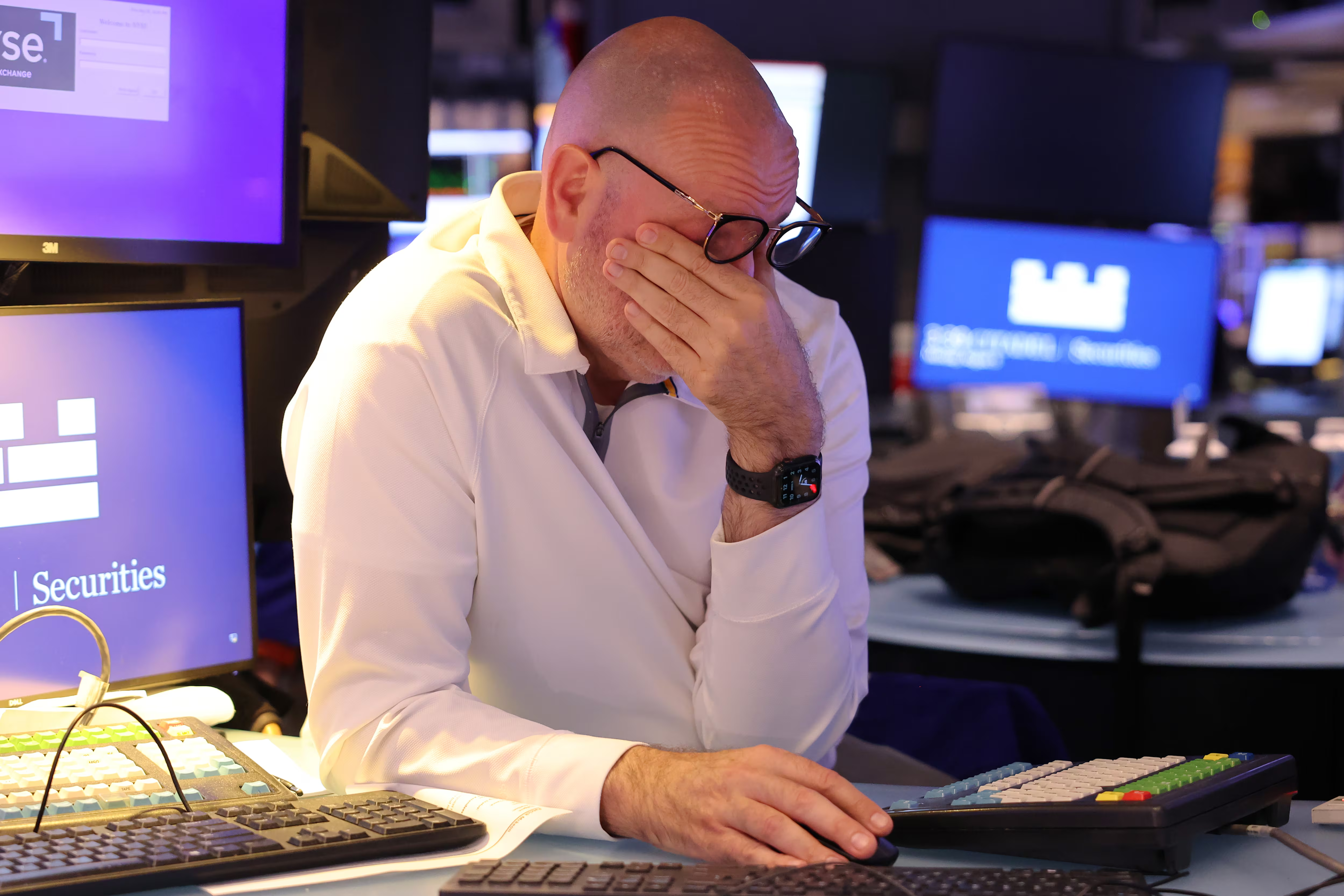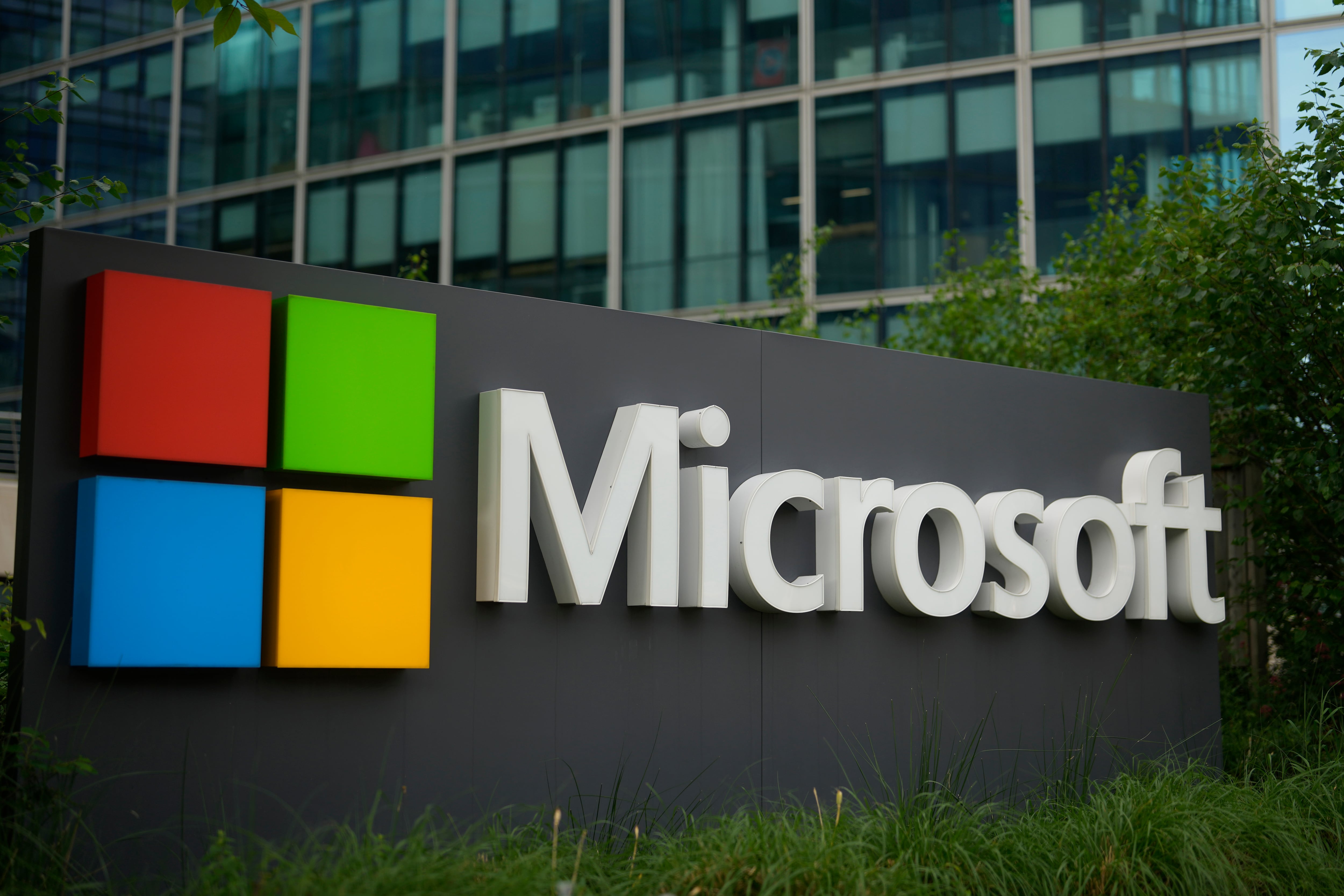By Stan Choe and Alex Veiga
A listless day on Wall Street left stocks mostly lower Tuesday, even as more gains by technology companies pushed the Nasdaq to an all-time high.
The S&P 500 spent much of the day wavering between small gains and losses before finishing with a 0.2% loss, its third straight decline. About 65% of the companies in the index fell. Losses in communication services, financial and other companies accounted for much of the selling.
Those losses were kept in check by solid gains in small-company stocks, which did better than the rest of the market. Tech companies also rose, adding to the sector's blockbuster, 41% gain so far this year.
The mixed showing for stocks came as Congress finally approved a $900 billion rescue to carry the economy through what's likely to be a bleak winter. A couple of discouraging reports on the economy may have also weighed on the market. Trading was relatively thin ahead of the Christmas holiday later in the week.
The S&P 500 fell 7.66 points to 3,687.26. The Dow Jones Industrial Average slid 200.94 points, or 0.7%, to 30,015.51. The Nasdaq composite rose 65.40 points, or 0.5%, to 12,807.92, a record high. The Russell 2000 index of smaller companies also set a record high, gaining 19.55 points, or 1%, to 1,989.88.
After months of bickering, Congress approved a deal on Monday night to send $600 cash payments to most Americans, give $300 per week to laid-off workers, and deliver other aid to businesses struggling under the weight of the pandemic. The bill is going to President Donald Trump’s desk for his signature.
The hope for investors is that such support can prop up the economy for the next several months before a more widespread rollout of coronavirus vaccines can allow it to stand on its own. That expectation has been driving markets for a while, but a new worry is casting some doubt on it.
A new strain of the coronavirus has emerged, one that has caught hold in at least London and southern England. There’s no evidence that it’s more deadly, but it seems to spread more easily. Worries are high enough about it that countries around the world have restricted flights from London, raising concerns that more economy-punishing lockdowns may be on the way.
Helping to keep the worries in check was the CEO of BioNTech, the German company that developed a coronavirus vaccine with Pfizer. Ugur Sahin said it “is highly likely” that his company’s vaccine can protect against the new variant, though further studies are needed to be sure. His company's vaccine is one of two already approved for use in the United States. .
Even without the new coronavirus strain, the resurgent pandemic has already been dragging on the U.S. economy, which had roared to a record annualized pace of 33.4% growth during the summer. Two weaker reports on important areas of the economy added to the growing pile of discouraging data on Tuesday.
One showed that confidence among U.S. consumers dropped this month, and the reading was well below what economists had forecast. That’s discouraging for an economy driven largely by consumers spending. Another showed that even the red-hot housing market is slowing slightly. The reading on sales of previously occupied homes roughly matched economists’ expectations.
Such worries have caused momentum to slow for the stock market, which set record highs last week, after earlier surging on hopes that COVID-19 vaccines will trigger a return to normal for the economy next year and that Washington would approve big stimulus to tide the economy over until then.
Healthy gains for some of the S&P 500's most influential stocks helped limit the index's losses Tuesday. Apple rose 2.8%, for example. Because it's the biggest company in the index by market value, its movements carry more sway on the benchmark index than any other stock.
Travel-related companies were targets of some of the heaviest selling, again, amid worries about more restrictions on movement. Norwegian Cruise Line lost 6.9%, and American Airlines Group slid 3.9%.
CarMax fell 8.1%, the biggest decline in the S&P 500, despite reporting stronger profit and revenue for the latest quarter than analysts expected. It said that sales trended downward toward the end of the quarter as coronavirus cases mounted. It also said its stores open more than a year sold fewer used cars during the quarter than analysts expected.
European indexes regained some of their sharp drops from the day before, and stocks retreated in Asia.
The yield on the 10-year Treasury slipped to 0.92% from 0.93% late Monday.
___
AP Business Writer Elaine Kurtenbach contributed.
Updated on December 22, 2020, at 5:03 p.m. ET.













